Doing up your dream house: Joinery Manager
Mary Miers meets a firm who are extremely good with timber: if it can be made with wood, they can do it, she finds.


The ecclesiastical architect Sir Ninian Comper used to say that God was in the details, and most people interested in buildings feel the same. For me, it is the quality of timber detail that gives a well made building the ring of good craftsmanship the doors and windows, staircases and other fixtures and fittings. One firm that manufactures a range of timber structures for the higher end of the market is Symm & Co, a leading building company founded in Oxford in 1815. Unusually, Symm carries out most of the specialist building trades itself, rather than employing sub-contractors. Colin Angell, who taught woodwork in Birmingham before branching out into manufacture, manages the company's Pershore-based joinery division. 'Most timber experts tend to specialise in certain areas,' he says, 'but we're more unusual in taking on projects 'in the round' as it were, joinery being only one element of an overall commission, although we do also do standalone projects a kitchen, for example, or a staircase.' The company manufactures everything from doors and windows to panelling, library fittings and fine furniture. 'We give the same attention to detail when making a skirting board as we do with a cabinet or dining table,' says Mr Angell. The joinery department works with architects and designers, whose concept designs are then worked up by an in-house design team of five draftsmen. The construction must be detailed down to the finest degree and all the mouldings and other elements drawn up to size. At this juncture, any amendments can be made to the designs before they are approved. Then the manufacturing stage begins. Preparation of the materials, which may include such skills as veneering, turning and some architectural carving, is all done in-house. 'We use more English and European oak than any other single timber,' says Mr Angell. Once the components have been cut, they are hand assembled by bench joiners and cabinetmakers, after which they go to the polishing shop. Symm has embraced modern technology: as well as a fully-equipped wood machine shop, it has installed modern spraying facilities, although it still employs traditional French polishers and can supply joinery that has been entirely handmade in the traditional manner. Symm has a particularly strong Oxford connection it has worked for every Oxford college but it undertakes projects all over Britain and has an important American east-coast market, with showrooms in New York and Atlanta. Most of its work is for private houses rather than public buildings, although it is currently tendering for a new library at the Supreme Court of Justice in Washington DC. Symm also undertakes important conservation projects; it carried out all the external joinery work for the National Trust's post-fire restoration of Uppark, and is currently working at Blenheim Palace. 'Basically, if it can be made in wood, we can do it,' Mr Angell says. Mary Miers Symm & Co: 01386 555129 Timber tips
- There are lots of 'designer makers' around, but you are generally better off using a good designer and then a good manufacturer
- Timber is hygroscopic?continually letting moisture in and out, whatever its age. Don't aggravate it by subjecting it to extreme changes of temperature or lack of ventilation
- Avoid polishes containing silicon; once on, they cannot be removed
Sign up for the Country Life Newsletter
Exquisite houses, the beauty of Nature, and how to get the most from your life, straight to your inbox.
Country Life is unlike any other magazine: the only glossy weekly on the newsstand and the only magazine that has been guest-edited by HRH The King not once, but twice. It is a celebration of modern rural life and all its diverse joys and pleasures — that was first published in Queen Victoria's Diamond Jubilee year. Our eclectic mixture of witty and informative content — from the most up-to-date property news and commentary and a coveted glimpse inside some of the UK's best houses and gardens, to gardening, the arts and interior design, written by experts in their field — still cannot be found in print or online, anywhere else.
-
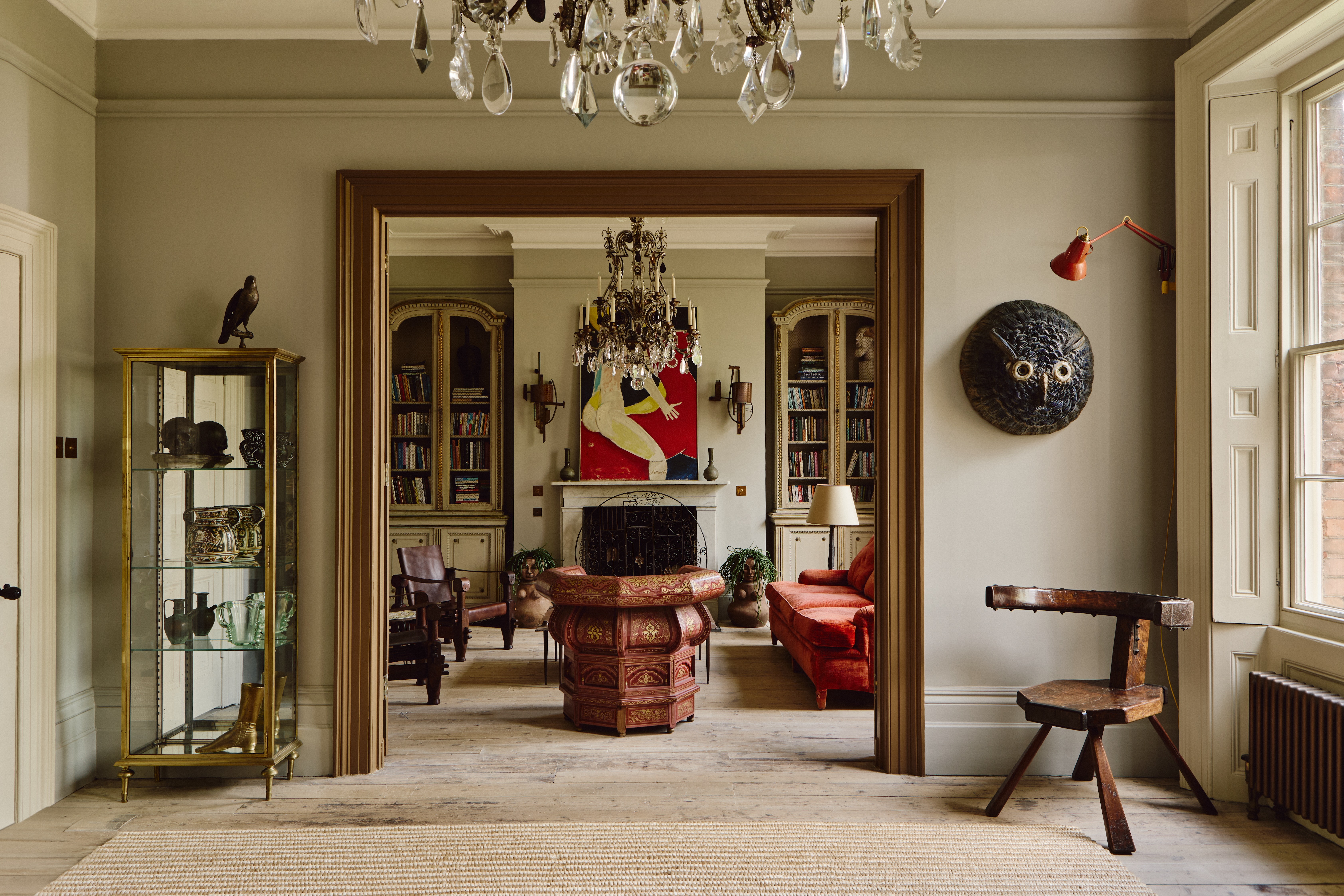 ‘It had the air of an ex-rental, and that’s putting it politely’: How an antique dealer transformed a run-down Georgian house in Chatham Dockyards
‘It had the air of an ex-rental, and that’s putting it politely’: How an antique dealer transformed a run-down Georgian house in Chatham DockyardsAn antique dealer with an eye for colour has rescued an 18th-century house from years of neglect with the help of the team at Mylands.
By Arabella Youens Published
-
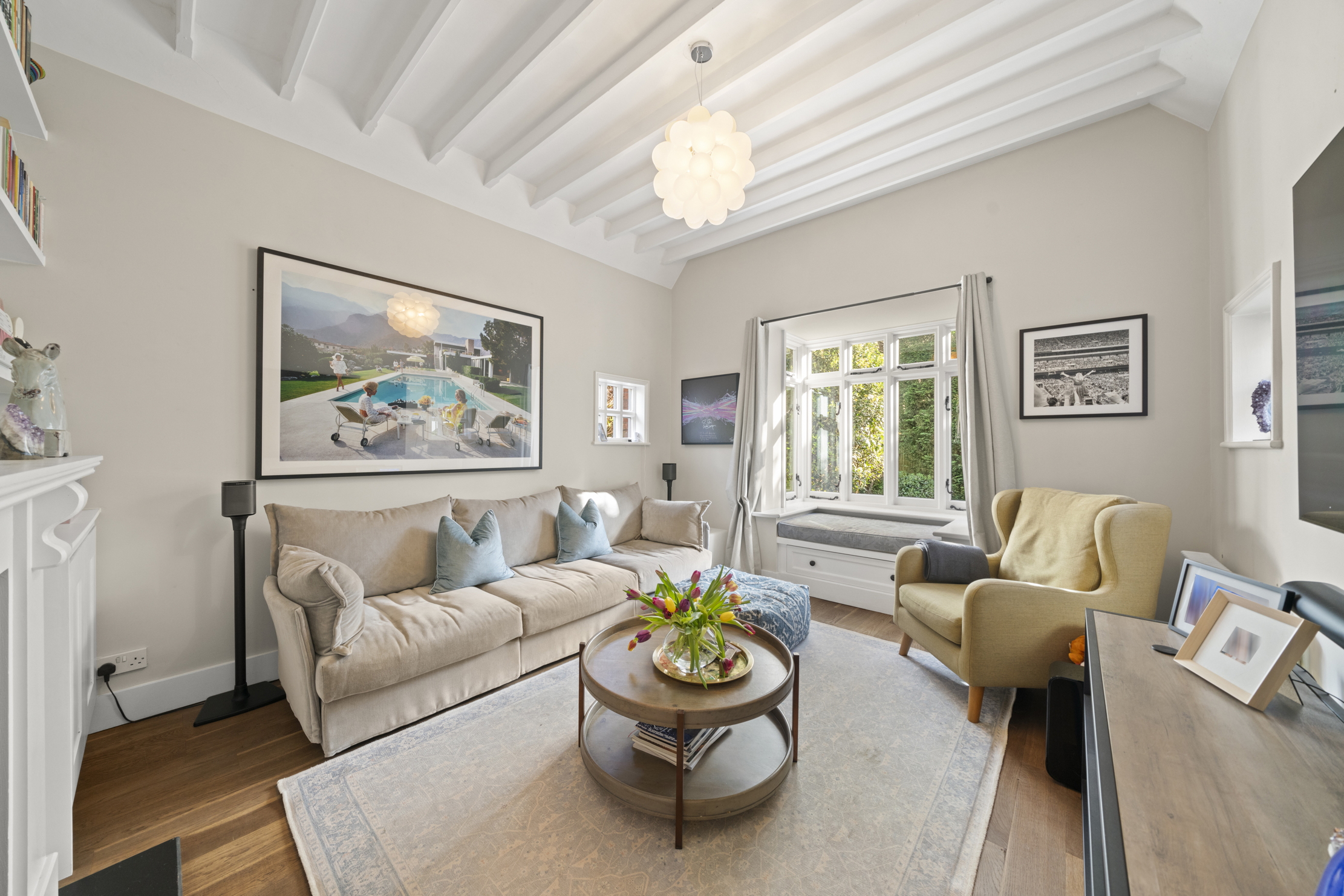 A home cinema, tasteful interiors and 65 acres of private parkland hidden in an unassuming lodge in Kent
A home cinema, tasteful interiors and 65 acres of private parkland hidden in an unassuming lodge in KentNorth Lodge near Tonbridge may seem relatively simple, but there is a lot more than what meets the eye.
By James Fisher Published
-
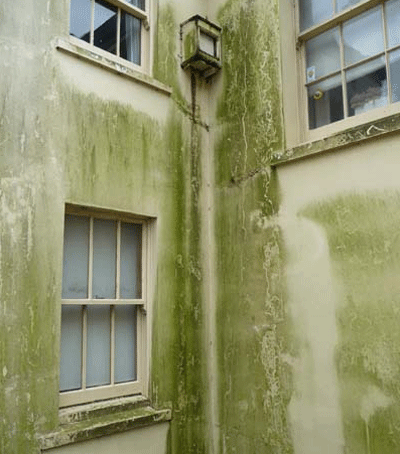 How to prepare your house for winter
How to prepare your house for winterAs winter approaches, experts advise that preventative measures are crucial for our houses to weather hard winters
By Country Life Published
-
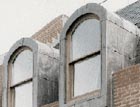 Ten house tips for the winter
Ten house tips for the winterNow is the time to put your house in ship-shape for the winter months ahead. Chartered surveyor Tom Grillo shares his ten top tips
By Country Life Published
-
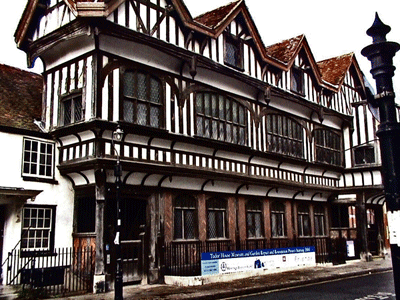 Choosing an interior designer
Choosing an interior designerFinding the right skilled interior designer for your period property requires some dedication; in particular you need to make sure you share the same vision
By Country Life Published
-
Maintenance tips for Victorian houses
There are a number of aspects to look out for when viewing or indeed owning a Victorian house
By Country Life Published
-
 Best cooking pans
Best cooking pansMrs Danvers suggests the best makes of pots and cooking pans to hunt down when shopping for a special friend's wedding present
By Country Life Published
-
How to save old floorboards
Lots of care and elbow grease can help old floorboards gleam again
By Country Life Published
-
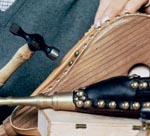 Buying bellows
Buying bellowsMrs Danvers recommends where to find a new or antique pair of bellows
By Country Life Published
-
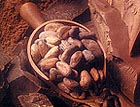 Removing chocolate stains
Removing chocolate stainsMrs Danvers tackles readers' household queries: this week's are chocolate stains on a linen suit and screen doors
By Country Life Published
